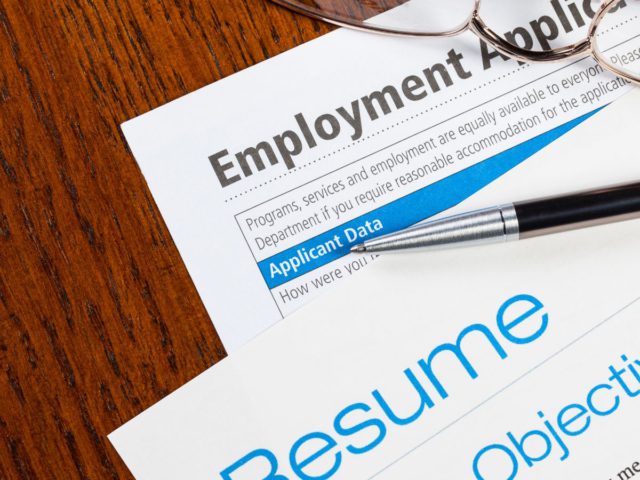This Saturday, June 19, is Juneteenth, an annual holiday commemorating the end of slavery in the United States. Juneteenth is particularly special in 2021 because starting this year, it will be observed as an annual federal holiday.
In honor of Juneteenth, here are 19 facts about the historic holiday.
- On Thursday, June 17, President Joe Biden signed a bill establishing Juneteenth National Independence Day as a federal holiday.
- Just a day earlier, Illinois Governor J.B. Pritzker signed a bill establishing Juneteenth as a paid state holiday beginning in 2022.
- Prior to President Biden’s bill, 47 out of 50 U.S. states and the District of Columbia recognized Juneteenth in some way – either as a ceremonial observance or a paid state holiday.
- Texas was the first U.S. state to adopt Juneteenth as a statewide holiday on June 1, 1980.
- In 2020, Virginia, New York, and New Jersey joined Texas in recognizing Juneteenth as a paid day of leave for state employees.
- In early 2021, the governor of Oregon signed an executive order acknowledging Juneteenth as a paid holiday for state employees.
- Legislation to establish Juneteenth as a federal holiday was first introduced in the U.S. House of Representatives in 1996.
- Civil rights activists and organizations like the National Juneteenth Observance Foundation are largely to thank for federal recognition of the holiday.
- Juneteenth is the first federal holiday established since Martin Luther King Jr. Day in 1983.
- Next year, Juneteenth and Father’s Day will be celebrated on the same day.
- Juneteenth gets its name from combining the words ‘June’ and ‘nineteenth.’
- The date June 19 bears historic significance. On June 19, 1865, Union Major General Gordon Granger arrived in Galveston, Texas with an announcement: The Union had won the Civil War, and could now enforce the end of slavery.
- General Granger’s announcement in Galveston came almost three years after Abraham Lincoln signed the Emancipation Proclamation.
- On the day of General Granger’s arrival in Texas, nearly a quarter million Black Americans were still enslaved.
- Although Juneteenth is sometimes called Emancipation Day, slavery did not actually end on June 19, 1865. It was legal in Delaware and Kentucky until the ratification of the Thirteenth Amendment on December 6, 1865.
- During the earliest celebrations of Juneteenth, former slaves traveled from their homes to Galveston, the origin of General Granger’s announcement.
- Emancipation Park in Houston, Texas was born out of a Juneteenth celebration. In response to white Americans barring public events for Juneteenth, Black community leaders in Houston purchased a plot of land specifically for the event. This land would later become Emancipation Park.
- Modern day Juneteenth traditions might include public readings of the Emancipation Proclamation and pieces by renowned Black writers like Maya Angelou.
- Juneteenth is a celebration of Black freedom, history, and culture.




